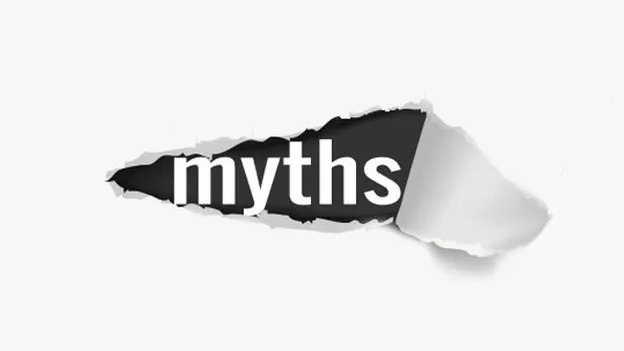Apple’s MacBook is popular among users for its user-friendly features, longevity, and value retention. It’s regarded as the benchmark standard for other laptops, especially for the ones that can handle heavy workloads. Moreover, its battery, too, is renowned for quick charging and lasting battery life. The lithium-ion technology ensures that users get what they have paid for.
Despite the efficacy of the MacBook battery, the industry has a lot of myths that people believe easily. This misinformation leads to unethical practices, which may ruin the Mac battery life further.
So, if you have heard about any of these myths earlier, here’s your chance to clear them out:

1. Don’t Charge the MacBook for Too Long, or You May Harm the Battery:
As mentioned earlier, MacBook batteries are secured with lithium-ion technology. These batteries are small, light, and resistant to natural discharge. Also, it prevents your Mac from getting overcharged through auto-prevention. This means you can connect your device to the charger overnight, and still, it wouldn’t matter much.
However, it’s not a good practice to leave your Mac connected to the charger overnight. Make sure to disconnect the device from the charger once the battery is full (or when it’s not actively charging).
2. Always Drain Your MacBook Battery to 10 Percent Before Charging.:
Today’s lithium-induced battery is beyond the technologies that were used earlier. When nickel-cadmium batteries were used, people were instructed to use a fully drained Mac due to the memory effect (declined battery capacity for not discharging the battery).
However, lithium batteries don’t have such issues, so there is no use in draining the battery before charging. It’s recommended to keep your Mac charging between 20 to 80% for good performance.
3. ..Or Don’t Store Your Charged MacBook for Long, or the Battery May Get Affected:
It’s related to the myth that we discussed earlier. However, this is again not true. If you are keeping your Mac charged for a long time (for storage purposes), it won’t harm your battery whatsoever.
But it’s recommended to keep the battery at 50% as this level prevents it from discharging. Battery discharging means the level when the battery capacity has been exhausted. If you want to store your MacBook for an extended period, keep it in a cool location with a temperature range of 22° C.
4. Don’t Use Your MacBook While It’s Plugged In :
How many times have you been nagged by a colleague or a family member, asking you not to use your Mac while it’s plugged in? Many times, we guess. Fortunately, this myth is not applicable now.
Lithium batteries may not handle the heat well. Yet again, the heat (that’s generated while using the Mac when it’s charging) isn’t enough to damage your battery.
Also, as mentioned earlier, there’s no way the battery can get overcharged. Once your Mac battery gets full, it starts charging the system directly. So, you can use your MacBook without worrying about concerns like MacBook Air battery replacement.
Note: You may only need a Macbook battery replacement if your battery keeps draining for no apparent reason.
5. Charging Through USB Ports May Damage the Battery (For Users of the Latest Mac)
Although it’s recommended to use the real charger for your MacBook, that doesn’t mean charging it through USB ports can cause battery damage. If you are using a phone charger for your Mac, always use a USB C cable for the same. Always use the original charger to avoid any issues.
6. Closing Unused Applications May Save Your Mac Battery Life:
People might have often suggested you to close an unused application to save your Mac battery life, but it’s not helpful in most situations. It’s only recommended to turn off an application if you don’t need it or if it’s misbehaving for some reason. That’s because applications aren’t just running in the background, they are suspended.
While we are at it, you must know that closing the unused applications wouldn’t make your Mac faster. Rather, it will make it slower.
Hopefully, our explanations have cleared things out for you. How many of these myths have you heard earlier?


